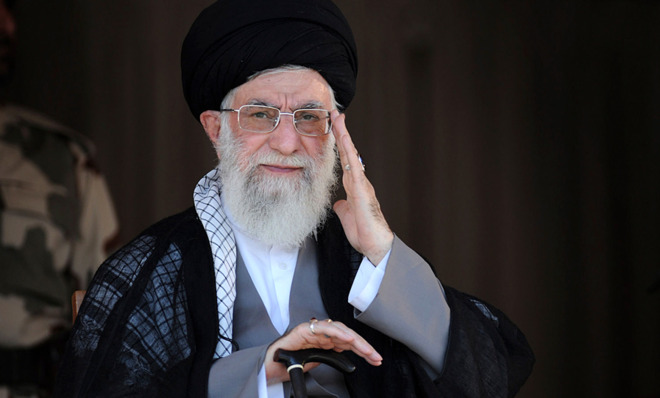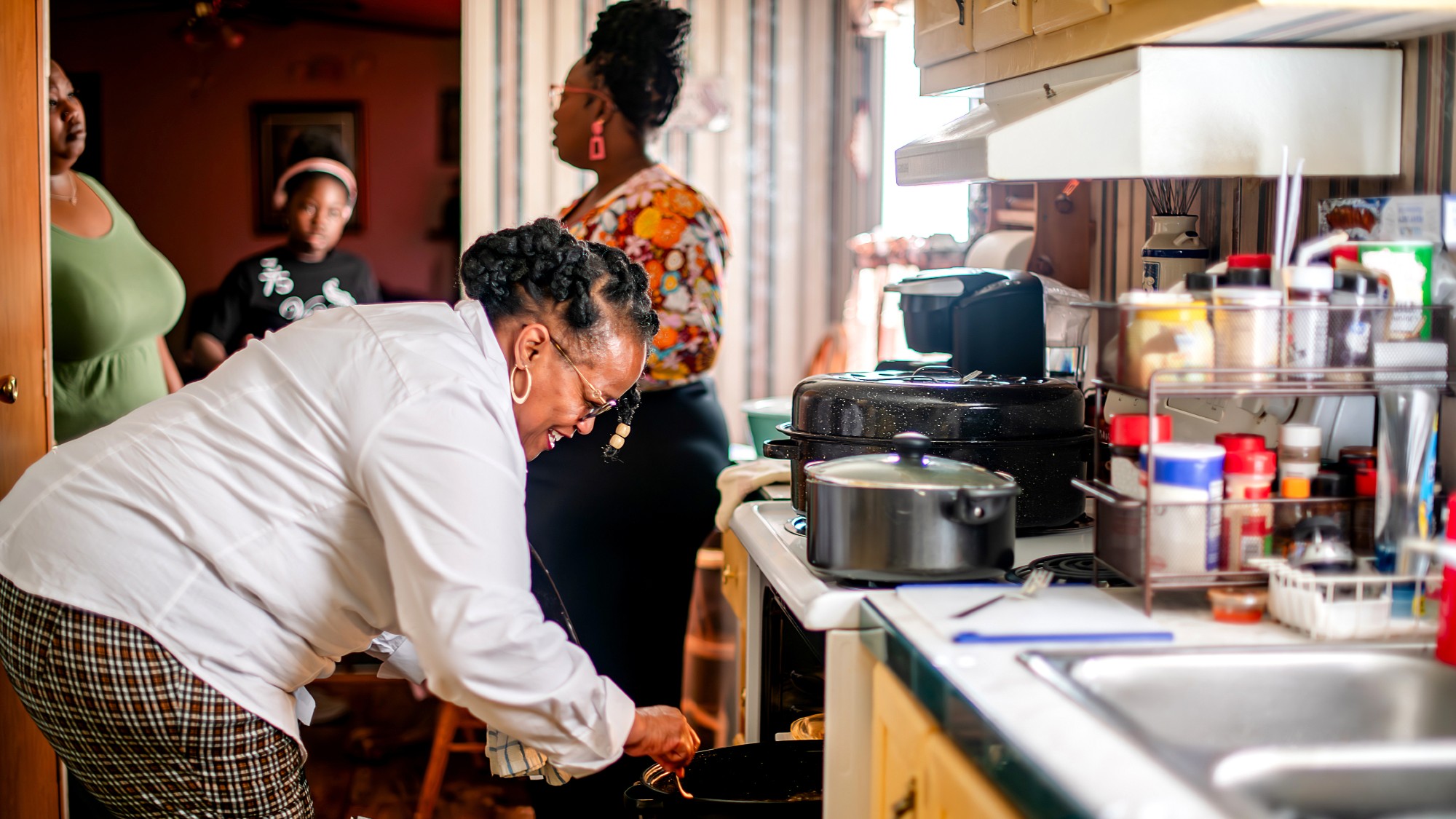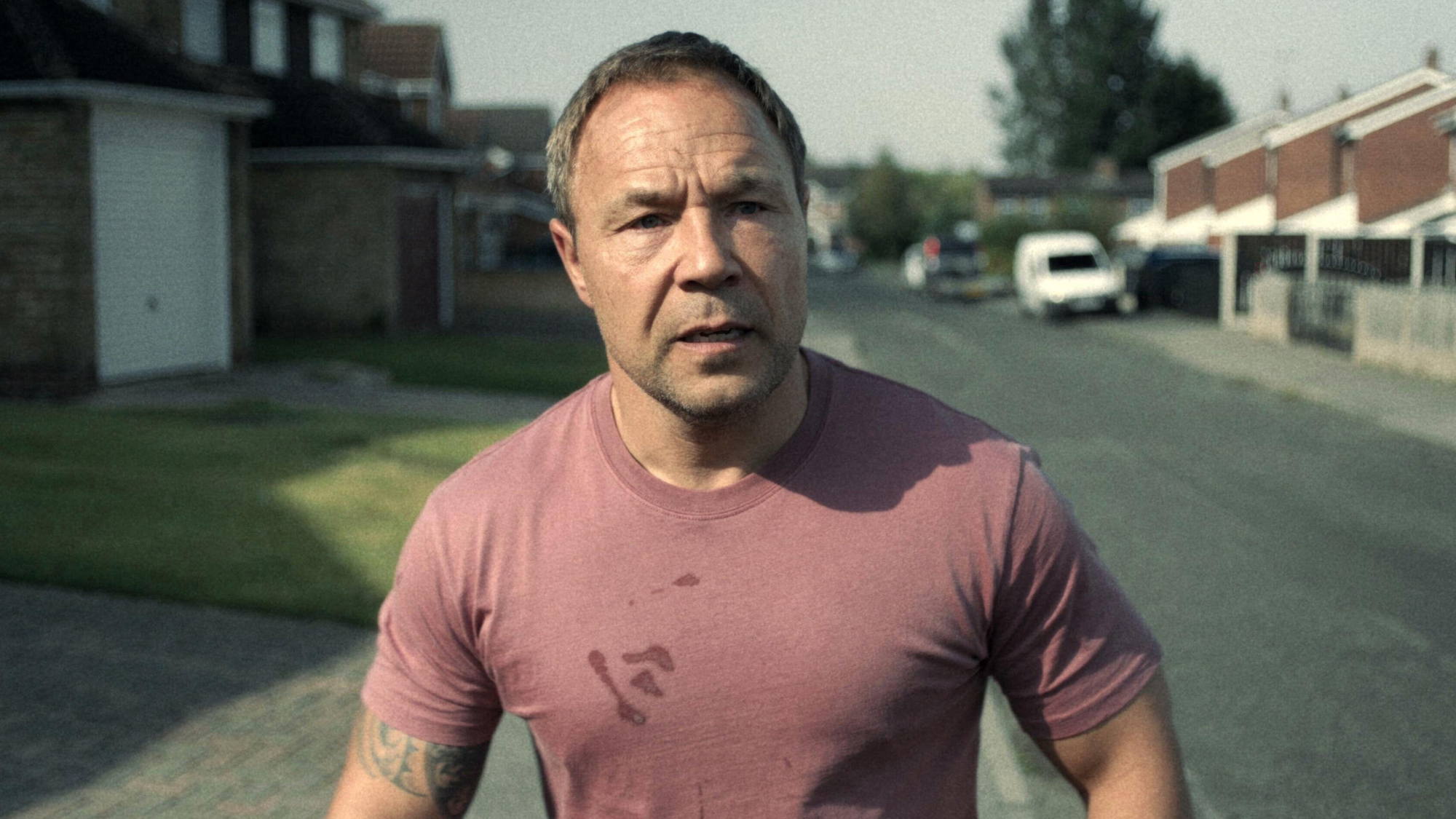Is a deal on Iran's nuclear program really around the corner?
Iran, the U.S., and five other nations are meeting in Geneva to hash out a "first step" deal on Iran's nukes. They sound surprisingly optimistic.


In mid-October, with the U.S. government largely shut down, negotiators from the U.S., Iran, and five other countries met in Geneva to set up the groundwork for a deal on the thorny issue of Iran's nuclear program. At the end, all sides agreed that the get-together had been "substantive and forward-looking." That's the kind of anodyne statement that often follows big diplomatic confabs, so not much was made of the meeting.
Iran and the six global powers are sitting down again in Geneva on Thursday and Friday for follow-up negotiations, and the various parties sound surprisingly optimistic about reaching some sort of agreement. The hope is not to solve the impasse over Iran's nuclear program — Tehran insists the only goal is nuclear power; nobody's really buying it — but to give negotiators time to reach a comprehensive solution.
A starter deal is "not that far off," Iranian Foreign Minister Javad Zarif told France's Le Monde. "I believe it is even possible to reach that agreement this week," he informed France 24 television.
The Week
Escape your echo chamber. Get the facts behind the news, plus analysis from multiple perspectives.

Sign up for The Week's Free Newsletters
From our morning news briefing to a weekly Good News Newsletter, get the best of The Week delivered directly to your inbox.
From our morning news briefing to a weekly Good News Newsletter, get the best of The Week delivered directly to your inbox.
"Put simply, what we're looking for now is a first phase, a first step, an initial understanding that stops Iran's nuclear program from moving forward for the first time in decades and that potentially rolls part of it back," an unidentified senior U.S. official told reporters Wednesday night.
A "first step" deal would probably include Iran verifiably halting its nuclear program for some period of time (e.g. six months), cut back on its stockpile of enriched uranium, and downgrade its capabilities to enrich more. In exchange, the U.S. official said, Iran would get "limited, targeted, and reversible" relief from some of the sanctions that have crippled its economy and sharply devalued its currency.
The public details of any forthcoming agreement are "cloudy, muddy, and uncertain," but that's on purpose, says the BBC's James Reynolds.
In previous rounds of talks, the world powers made specific, open demands... Iran refused to consider these demands — and the talks got nowhere. By contrast, the world powers now return to Geneva with one, much vaguer public demand: Iran should stop its nuclear program from moving forward. Exactly what this means is unclear — deliberately so. It may give the two sides more room to reach an agreement. [BBC News]
Not everybody is excited about the preliminary deal being hammered out. Israeli officials say that according to the details they are hearing, it's "a very bad deal, and we will strongly oppose these proposals." The U.S. Congress is moving toward increasing sanctions on Iran — a probable deal-killer — and may not be amenable to even temporary reductions. And Iranian hardliners are increasingly, vocally warning against any deal that curbs Iran's nuclear program.
A free daily email with the biggest news stories of the day – and the best features from TheWeek.com
The Geneva negotiators have some room to breathe. The U.S. Senate has agreed to very temporarily hold off on voting on House-approved new sanctions, and Iran's supreme leader Ayatollah Ali Khamenei — the ultimate nuclear arbiter on Iran's side — lent his qualified support for the negotiations on Sunday, even while saying he is "not optimistic" about their outcome.
But the clock is clearly running. Nothing focuses the mind like a deadline, and an interim package is within reach. But "reaching the 'comprehensive agreement' that would include such irreversible steps on both sides is many months off at best," says Howard LaFranchi at The Christian Science Monitor. "Even the cautious optimists on the chances of reaching a deal are uncertain the window for negotiations will remain open that long."
Peter has worked as a news and culture writer and editor at The Week since the site's launch in 2008. He covers politics, world affairs, religion and cultural currents. His journalism career began as a copy editor at a financial newswire and has included editorial positions at The New York Times Magazine, Facts on File, and Oregon State University.
-
 7 bars with comforting cocktails and great hospitality
7 bars with comforting cocktails and great hospitalitythe week recommends Winter is a fine time for going out and drinking up
-
 7 recipes that meet you wherever you are during winter
7 recipes that meet you wherever you are during winterthe week recommends Low-key January and decadent holiday eating are all accounted for
-
 Nine best TV shows of the year
Nine best TV shows of the yearThe Week Recommends From Adolescence to Amandaland
